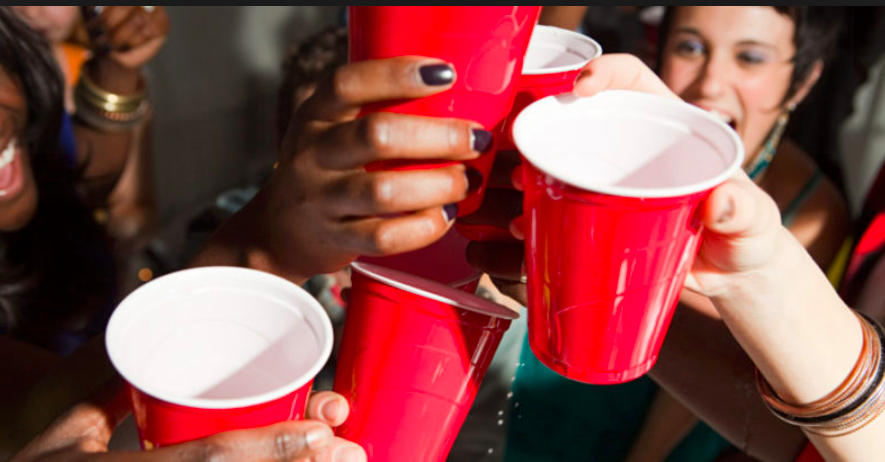Alcoholism in Botswana is a huge concern and because you are dealing with your day-to-day life and duties as a parent, you might lose sight of the fact that your son or daughter is grappling with many personal issues and pressures, especially if your communication isn’t the best. Here are some of the most prominent:
- The “rebellious teenager” isn’t just a stereotype: teens often see the rules you (or teachers) set as attempts to control them a little too much, so they turn to alcohol as a form of rebellion.
- There’s the “cool factor”: most teenagers experience some form of peer pressure, and they would instead fit in with the “in crowd” than be ostracised or bullied.
- A sense of hopelessness states that “with only half of our youths living in two-parent households, the prospect of unemployment and only a small percentage of school leavers finding jobs, teenagers face a very uncertain future”. And it’s this uncertainty that might drive them to hit the bottle and drown their sorrows.
- Depression and anxiety: uncertainty, socio-economic circumstances and body issues also lead to mental health issues amongst the youth. For teens, consuming alcohol is a form of escapism from their seemingly unbearable reality.
This is a serious issue. I’m afraid to ask, but what are the effects of alcohol on teenagers?
Continuous abuse of alcohol can have serious consequences for minors… we’re talking about more than just a hangover.
The effects of abusing alcohol include:
- A significantly reduced ability to concentrate and commit things to memory. Of course, this can have a devastating impact on their studies.
- Getting involved with crime or becoming violent. Alcohol lowers inhibitions and the ability to make sound judgement, so teens are more likely to participate in dangerous and criminal situations, like car accidents and theft.
- Aggravating thoughts of self-harm or suicide. Despite trying to use alcohol to escape their depressive episodes, it can exacerbate impulsive behaviour.
- Perpetrating sexual assault. Alcohol abuse can make someone significantly more aggressive and impulsive and make them feel entitled to another’s body.
- Making a teenager want to experiment with other harmful, illegal substances.
- Increasing chances of sexually transmitted diseases and teenage pregnancy because alcohol abuse can lead to high-risk sexual behaviour.
I wasn’t aware of this. I need to talk to my child, but are there any signs of alcoholism I can look out for?
While teenagers certainly act erratically and become moody from time to time (remember, they have a lot to figure out), there are some red flags- especially if more than one happens often- that should prompt you to intervene:
As a parent, you should look out for:
- Regular mood swings or angry outbursts
- A drop in school attendance and test results
- A dismissive and apathetic attitude
- Leaving the house and staying out very late
- Switching friendship groups often or hanging out with much older people.










